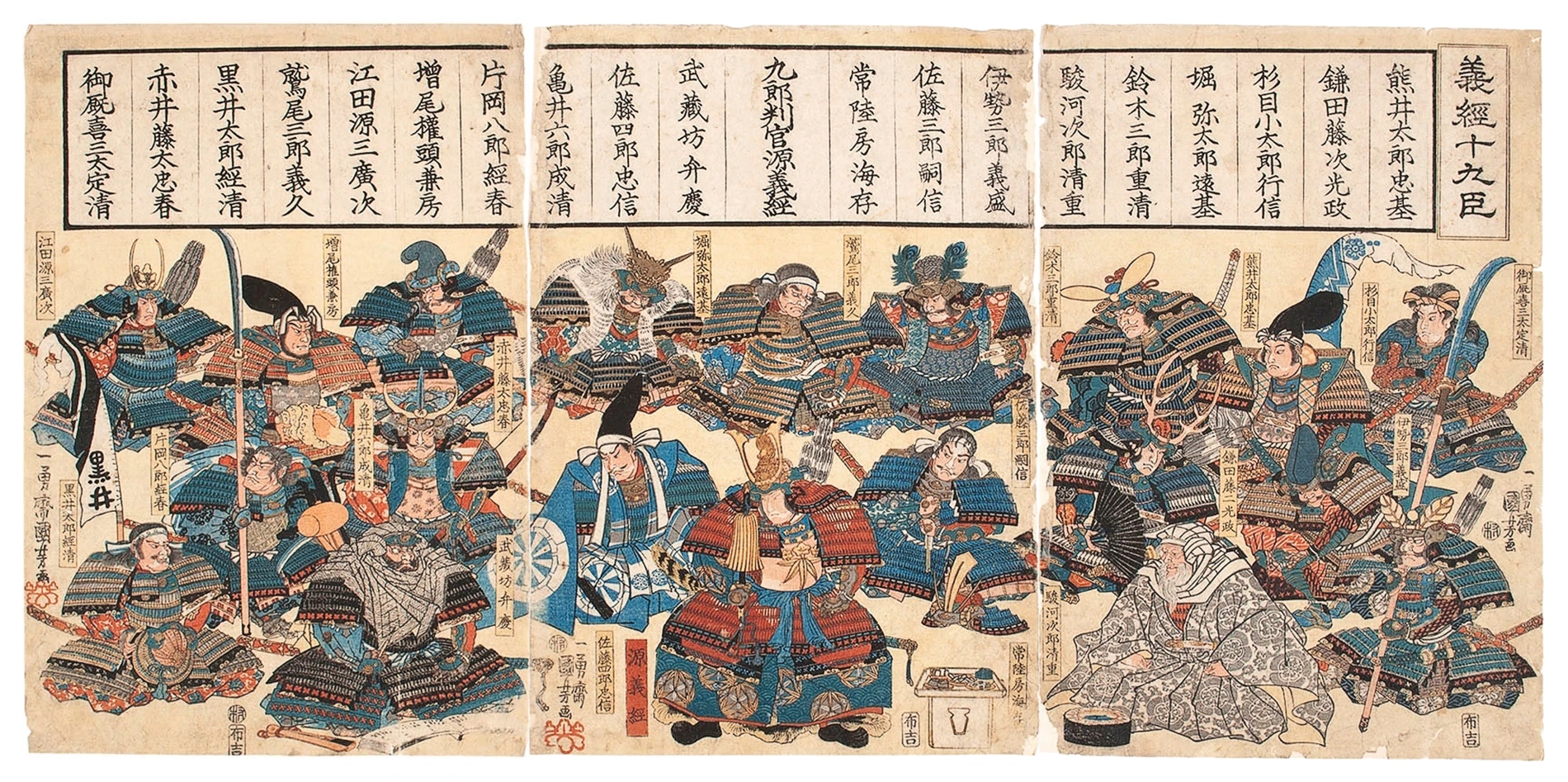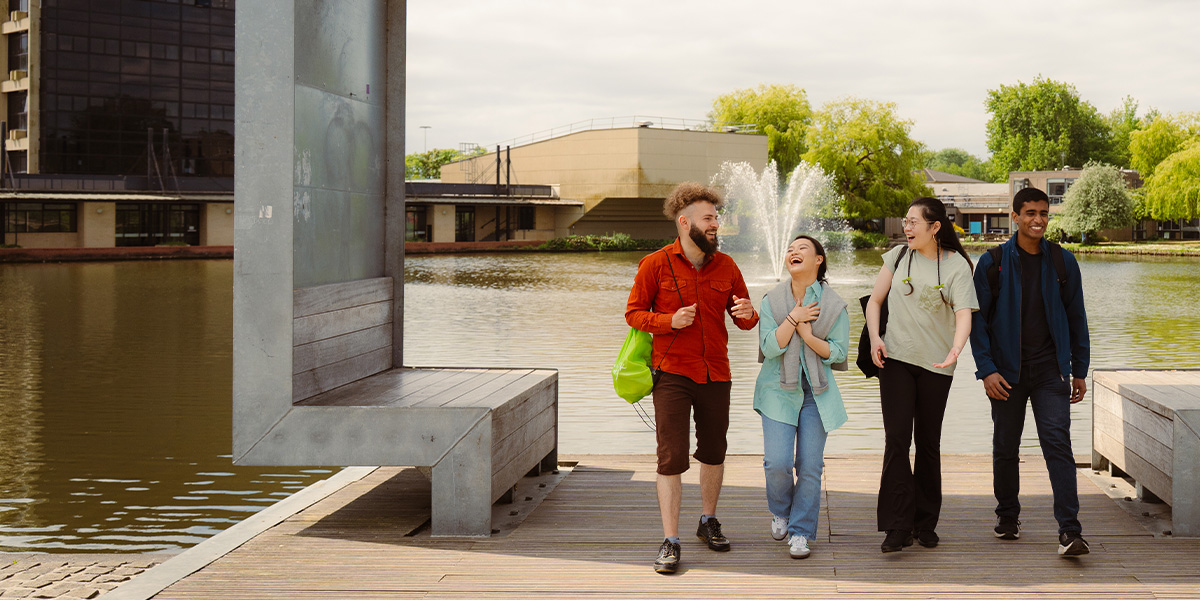Learn key skills and receive training in historical research from our expert academics. Gain valuable hands-on experience and build your knowledge through placement opportunities in the heritage and creative sectors.
Why study history at York?
At York, many of our teaching staff are active researchers, and we work closely with partners at local and national heritage organisations to ensure everything we teach is current and relevant. Working with our expert academics, you'll gain a solid grounding in historiographical approaches with specialist knowledge in your chosen area.
During your course, you'll have access to our unique and varied historical resources. The Borthwick Institute for Archives houses one of the most extensive collections of archives in the UK. York's Minster Library is the largest cathedral library in the UK and holds material spanning 1,000 years of history. We also have strong partnerships and consultancy relationships with museums, archives, heritage sites, the media, artists and community organisations.



 (1).jpg)
.jpg)
.jpg)
